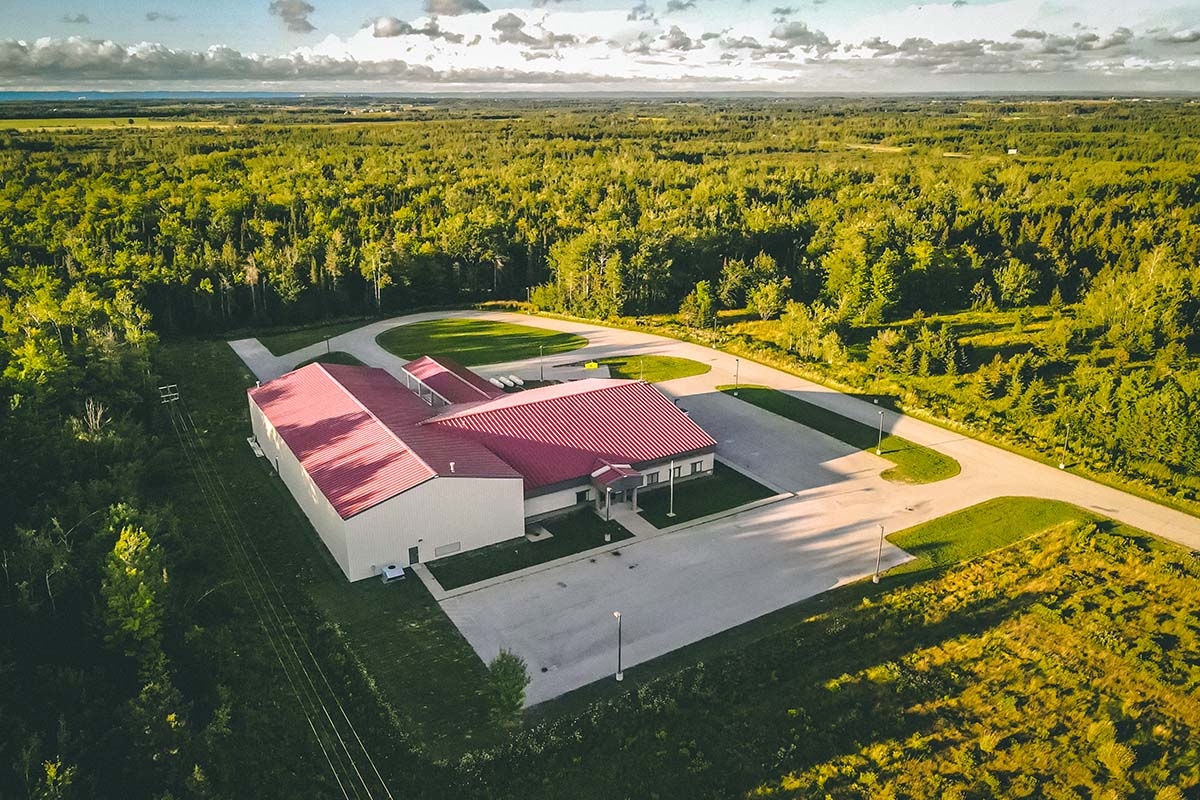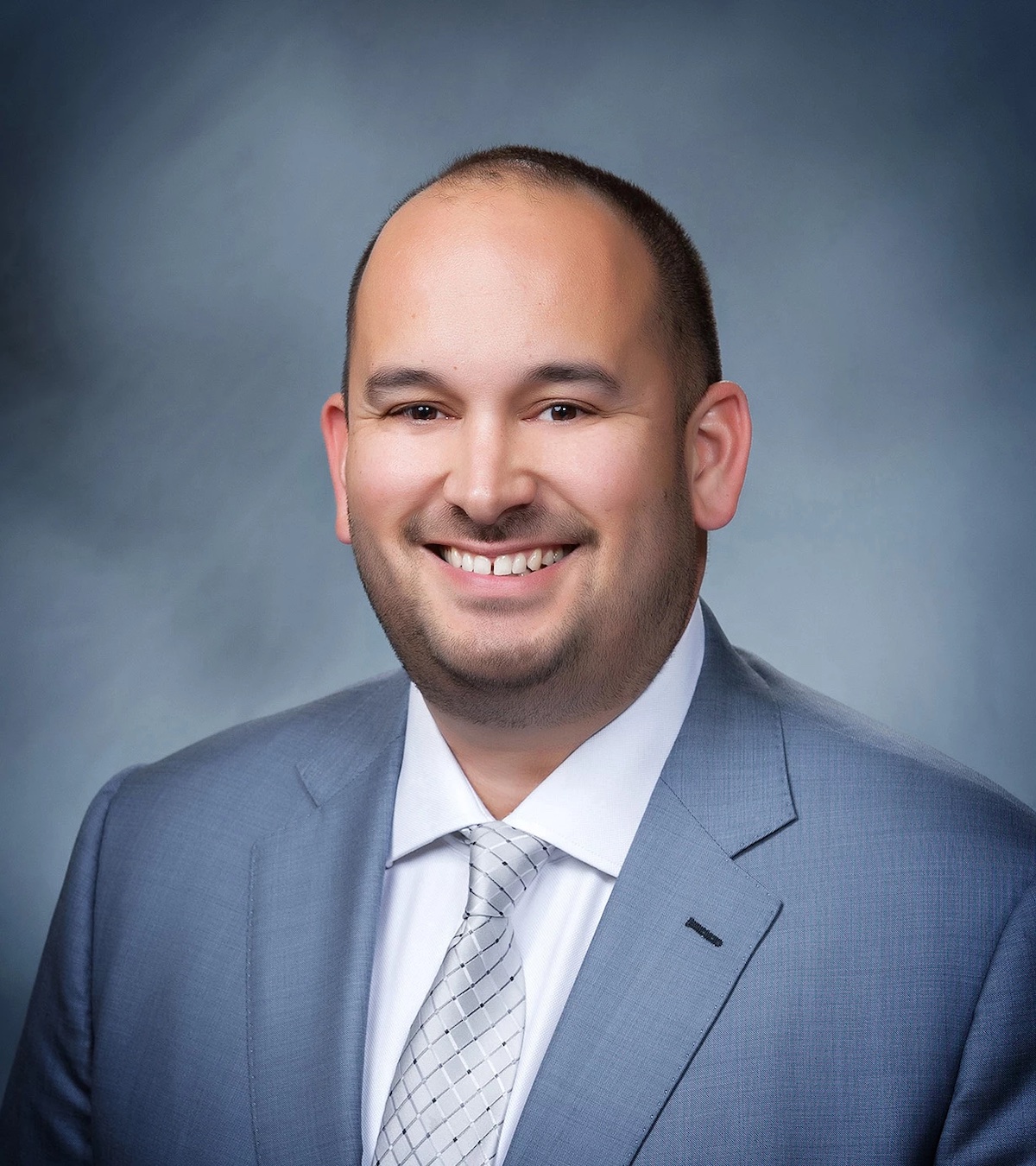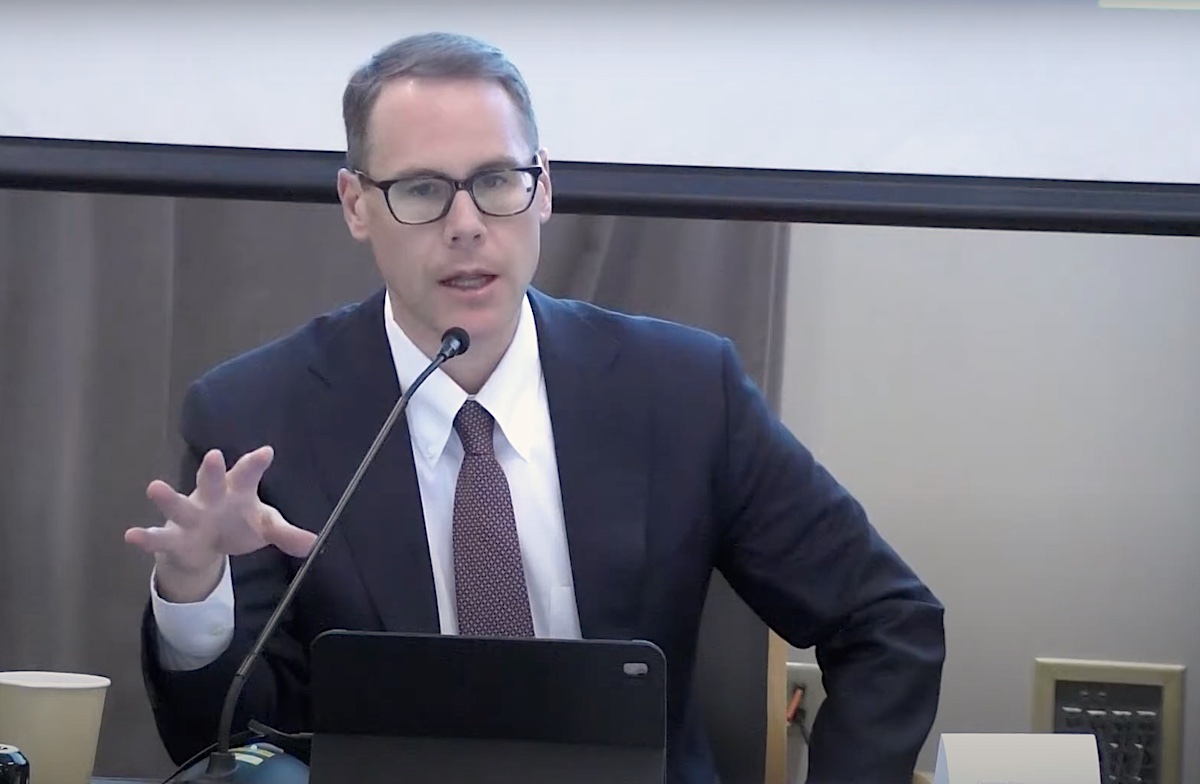Economic Development
- Details
- By Chez Oxendine
- Economic Development
- Type: Default
- Paywall Status: Protected
- Reader Survey Question: No Question
Bay Mills Indian Community, based in the rural eastern Upper Peninsula of Michigan, broke into the cannabis market as a way of diversifying the tribe’s economy during COVID-19.
- Details
- By Joe Boomgaard
- Economic Development
- Type: Default
- Paywall Status: Protected
- Reader Survey Question: No Question
GRAND RAPIDS, Mich. — A pair of Michigan-based Potawatomi tribes hope their co-investment strategy can serve as a model for tribes to work together on economic development projects.
- Details
- By Chez Oxendine
- Economic Development
- Type: Headshot
- Paywall Status: Protected
- Reader Survey Question: No Question
Officials speaking at a White House briefing in late February outlined further expansions and a potential second funding opportunity for the National Telecommunications and Information Administration’s efforts in improving tribal access to broadband.
- Details
- By Tribal Business News Staff
- Economic Development
- Type: Headshot
- Paywall Status: Protected
- Reader Survey Question: No Question
Here is a round up of business news from around Indian Country.
- Details
- By Joe Boomgaard
- Economic Development
- Type: Headshot
- Paywall Status: Protected
- Reader Survey Question: No Question
RAPID CITY, S.D. — Clay Colombe learned throughout his career in banking and finance that success can unlock new opportunities, sometimes in unexpected ways.
- Details
- By Tribal Business News Staff
- Economic Development
- Type: Headshot
- Paywall Status: Protected
- Reader Survey Question: No Question
Here is a round up of business news from around Indian Country.
- Details
- By Elyse Wild
- Economic Development
- Type: Default
- Paywall Status: Protected
- Reader Survey Question: No Question
A new change in Federal Communications Commission rules has the potential to bring affordable broadband internet to more communities in Indian Country.
- Details
- By Joe Boomgaard
- Economic Development
- Type: Default
- Paywall Status: Protected
- Reader Survey Question: No Question
LOMPOC, Calif. — The Santa Ynez Band of Chumash Indians plans to shut down an award-winning winery it owns in California’s Central Coast.
- Details
- By Joe Boomgaard
- Economic Development
- Type: Default
- Paywall Status: Protected
- Reader Survey Question: No Question
MINNEAPOLIS, Minn. — One of the key organizations that helps quantify and track the tribal economy is ramping up its data collection and analysis to help narrow the data gap in Indian County.
- Details
- By Tribal Business News Staff
- Economic Development
- Type: Headshot
- Paywall Status: Protected
- Reader Survey Question: No Question
Here is a round up of business news from around Indian Country.







